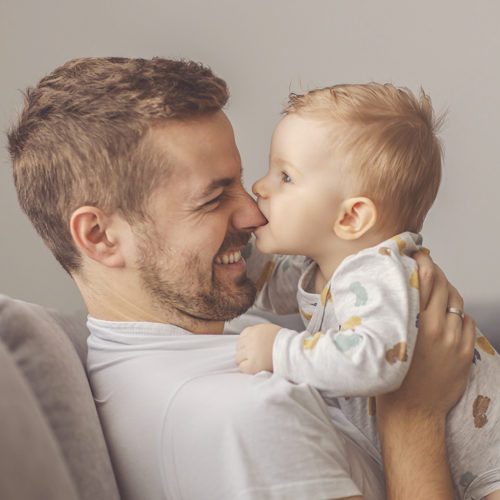Why do children bite?

Biting is a common behavior seen in infants and toddlers. Children bite for many different reasons, such as teething or expressing dissatisfaction. However, they tend to outgrow it when they learn the language skill to express their feelings better, gain self-control, and develop problem-solving skills.
While it may seem like a normal part of childhood development, the habit can be very upsetting. So, it’s something you want to discourage at the very beginning. But, first, you might want to find out some reasons why Your Child may bite.
Why do young children bite?
There are several reasons why children bite. If Your Child bites, you want to understand the underlying cause so as to develop an effective response. Infants and toddlers bite for any of the following reasons:
- Pain and itches from teething: The pains and itching gums that come with teething is one of the reasons children bite. Your baby is doing it to relieve the pain and itchiness in their swollen, tender gums.
- Exploring the world around them: Infants and toddlers often use their mouths to explore the things around them. At that age, almost anything that comes their way — toys, footwear, clothing, and others — ends up in the mouth, as they are not yet able to differentiate edible from non-edible stuff.
- Craving the attention of the person bitten: Your Child may bite to gain your attention, as your little one lacks the words to say what they want. Biting is a way of saying, “Hey, I need your attention.”
- Trying to get a reaction: As they begin to understand cause-and-effect, toddlers experiment to see what kind of reaction their actions will provoke. Your Child may bite down a playmate just to find out how the person will respond — without knowing that the person finds it very painful.
- Expressing their emotions: Older toddlers may use biting as a way to express their frustration, anger, or fear because they haven’t yet developed the language skills to express how they are feeling. For instance, if you take Your Child’s toy, the little one may bite you to express anger at what you’ve done. To them, biting is a defense mechanism to secure their territory (toys and play area), wade off an intruder, fight off an aggressor, or show that they want to be left alone.
How to respond when Your Child bites
Every situation is different, but it’s important to respond immediately when the biting happens. How you respond may depend on Your Child ‘s age and the possible reason for biting. In any situation, try to stay calm and use clear signals to communicate that it is not okay to bite someone. A firm “no biting, it hurts, and I don’t want to see people get hurt!” is an appropriate response.
Here are what you can do if you witness Your Child bite someone:
- Calmly and firmly say “no”: Address Your Child with a firm “no biting!” or “biting hurts!” Keep your language simple and easy for a baby of their age to understand, but make it clear that biting is wrong. Ideally make it personal, such as “I do not want to see any biting. It makes me sad.”
- Comfort the victim: Now, direct your attention to the bitten person, especially if it’s another child. Offer some words of comfort. If there is an injury, perform the necessary first aid.
- Then, comfort Your Child: It’s possible that Your Child doesn’t know that biting hurts and may feel upset on seeing that the victim is hurting. So, it’s fine to comfort your child, especially if they are showing remorse. But if Your Child was only seeking attention, you don’t want to reinforce this behavior by giving much attention right after it happened. You want, however, to give Your Child all your attention later. Because maybe the incident was a call for help to get more of your attention and love.
- If applicable, suggest alternatives: After things have settled, talk to Your Child and find out what led to the incident. Then, restate that biting is not allowed and suggest what they can do in such situations, such as using words like “no,” “stop,” or “that’s mine.”
- Distract Your Child: Distraction usually works for children of that age. If Your Child is feeling unsettled, redirect the little one’s attention to more positive activity, like dancing to music or playing a game.
How to stop Your Child’s biting habit
- You have to maintain a zero-tolerance for biting both at home and outside the home — be consistent the rule at all times
- Instead of rewarding negative actions with attention, give more attention and praise Your Child’s positive behaviors
- It is easier for toddlers to control themselves better if they know what to expect in high-energy situations, so teach Your Child what to do in such situations
- Help Your Child improve their language skills since finding the right words to express their emotions when upset can help calm them down
- Spend as much positive time with Your Child during the period when the biting happens
Verified:
Ketsupa Jirakarn (Mental health specialist) (31 March 2021)



